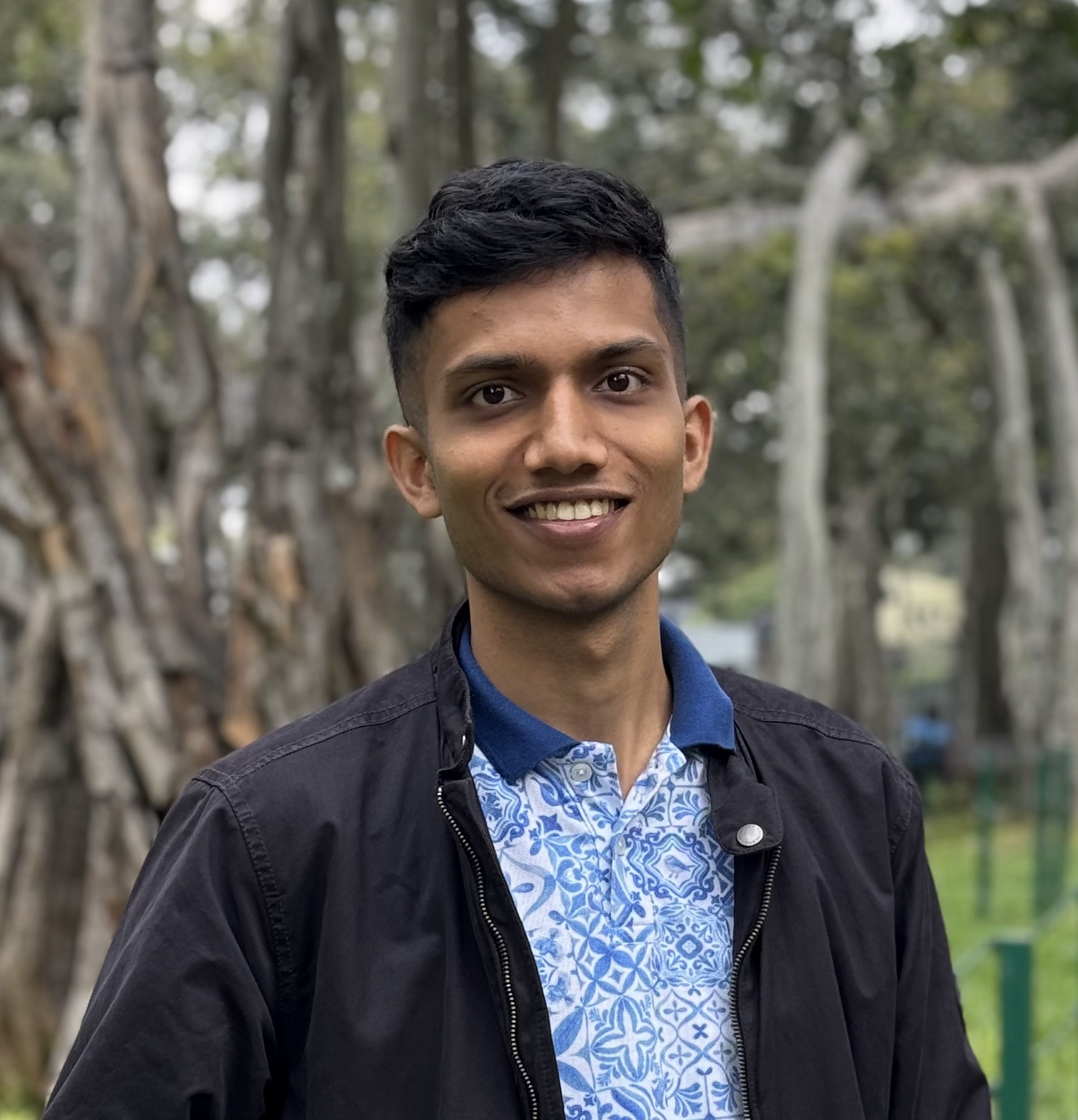My chat with a Nobel Laureate
I met Mike in 2022 at his lecture in Paris-Saclay on topological phase transitions. Post the talk, he hung around for food and was kind enough to chat with me for a bit when I approached him. On the topic of his Nobel Prize, he said that he was too stupid to realise that his research was supposed to be a “dead end”. A more experienced scientist during that time would never have chosen the same path. Turns out physics of that time was wrong and the path his group chose was a nobel prize winning one. He said be foolish, trust your instincts, but conduct research meticulously.
What he said makes sense. You hear similar advice from other people who were immensely successful - “Go against the grain”, “Be comfortable with being ridiculed” and so on. I desperately want to believe this, but I can’t help asking - doesn’t this suffer from survivorship bias? For every einstein/billionaire telling you that the entire world is wrong, there are 1000s of quacks, conspiracy theorists, etc. telling you the same thing. Instead of focusing on what the successful guys say, we should look at the difference in actions between successes and failures.
In ML terms, current knowledge would be a local minima of a cost function. The cost being difference between current knowledge and actual rules of the universe (in other words, checking how much does the theory match with experimental data). You move around this manifold by adding, deleting or modifying theories. “The scientific process” is exactly like stochastic gradient descent and helps find local minima. The strategy of “going against the grain” is the smart way to get out of the local minima. You become okay with increasing the cost, while in search for better models of the world. If you’re lucky, you find a particular path up the hill that leads to a deeper minima. This is a breakthrough because it changes the understanding of the world completely.
This strategy is very similar to what Suchir Balaji describes as Novelty -> Accepting temporary increases in cost in search of new insights about the world.
Novelty is from Suchir Balaji’s essay and the Nobel guy is Mike Kosterlitz - Physics, 2016.
